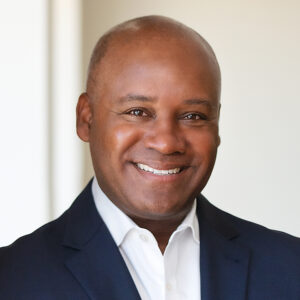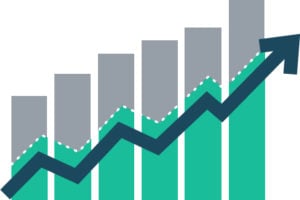Is the Mighty U.S. Dollar Weakening?
The U.S. dollar tends to strengthen when the global economy is weak, the United States outperforms the rest of the world, and the Fed goes on the offensive with rate hikes. On the other hand, the dollar tends to weaken once the Fed pivots back toward more accommodative policy, and the rest of the world grows in tandem.
That’s held true this year—the dollar has been so strong that now across the fundamental valuation framework we use—whether that be through looking at historical averages, interest rate differentials or U.S. versus global growth—it looks “overvalued.” This remains true even as the recent declines have taken some of the froth out of the historic strength.
That said, valuation alone isn’t enough. To see the dollar turn for sure, we would need to see:
• Evidence that inflation is cooling in the United States, which gives the Fed room to pause from its ultra-hawkish stance
• Global growth expectations stabilize, and ideally improve (particularly from China and Europe)
We’ve seen progress on both fronts. The softer-than-expected U.S. CPI report was a clear start, China has made moves toward reopening and supported property sector weakness, and European natural gas prices are over 60% off their summer highs.
Macro uncertainty is still high and recession risks remain elevated.
That said, macro uncertainty is still high and recession risks remain elevated, particularly outside of the United States. So we aren’t yet waving the flag for the dollar’s turn—but we are paying close attention. That continues to leave us with a preference for U.S. over international assets.
Investment implications

Positioning for a turn in the dollar generally happens in two stages. First, currencies and precious metals that tend to provide lower growth and yield (such as the Japanese yen and Swiss franc, and gold) tend to recover. And later, when there are full-on early-cycle dynamics, higher-growth-oriented currencies (such as emerging markets) rally. We feel investors should start thinking about that first stage. But remember, investing through cycles is about using dimmers and dials as the environment shifts. Your portfolio shouldn’t have an on-off switch.
Rick Barragan is the Managing Director, Los Angeles Market Manager, for J.P. Morgan Private Bank.
[email protected] | (310) 860-3658
privatebank.jpmorgan.com/los-angeles

